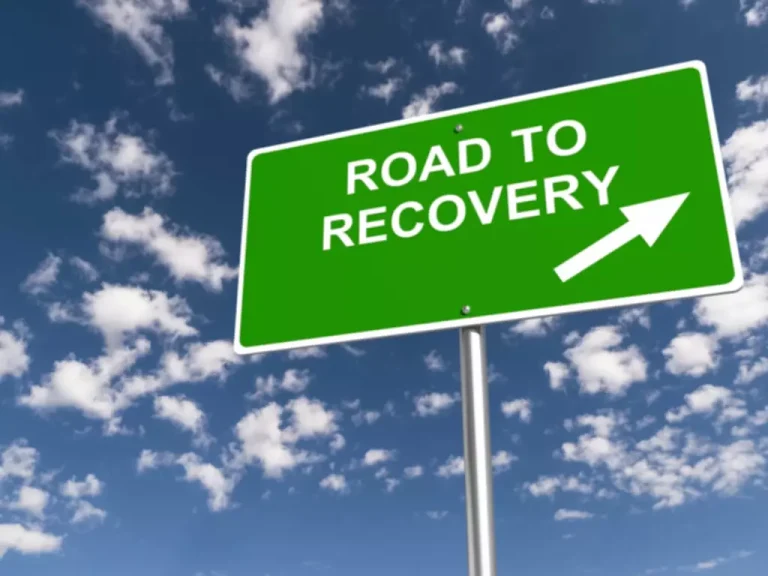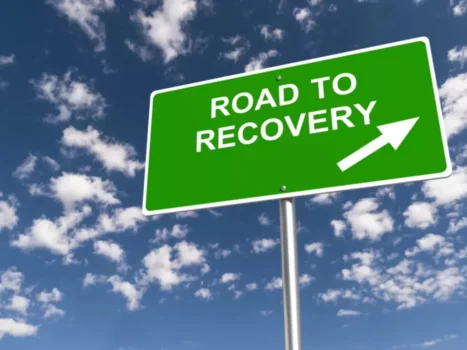
There may be very little you can do to help someone with AUD until they are ready to get help, but you can stop letting someone’s drinking problem dominate your thoughts and your life. It’s OK to make choices that are good for your own physical and mental health. A support group such as Al-Anon Family Groups may also be a helpful source of support when you have someone in your life with a drinking alcoholism and denial problem.
Addiction Denial and Cognitive Dysfunction: A Preliminary Investigation

Telehealth specialty services and online support groups, for example, can allow people to maintain their routines and privacy and may encourage earlier acceptance of treatment. The NIAAA Alcohol Treatment Navigator can https://ecosoberhouse.com/article/alcohol-intolerance-symptoms-and-causes/ help you connect patients with the full range of evidence–based, professional alcohol treatment providers. Alcoholism is a term used to describe someone with an alcohol use disorder.
In dangerous or unhealthy situations, denial can hurt us.
- As you approach an alcoholic in denial, remember that encouraging the person to seek help is only the beginning of a long journey toward recovery.
- Learn how to recognize denial, better understand how it affects the cycle of addiction, and how to help yourself or someone you know get past it.
- By rationalizing their behavior, individuals in denial avoid facing the truth about the negative effects of their alcohol consumption and maintain a sense of control over their drinking habits.
- But just because you’re a high-functioning alcoholic doesn’t mean you’re not putting yourself or others in danger.
- It’s because they don’t have up-to-date information on what constitutes excessive alcohol consumption.
While you should not put too much responsibility on yourself to help an alcoholic in denial to see the truth, it’s natural that you may want to do anything you can to help. Knowing what else to look for can help you to break through the barrier of denial and convince your loved one that they have an alcohol addiction. In most cases, someone in denial of their alcohol addiction will not be suffering from anosognosia. This is particularly common if friends or family members are enabling the affected person, as denial can go both ways.

Learning Objectives

Understanding the reasons behind alcoholism denial can shed light on why individuals refuse to acknowledge their drinking problem. Shame, societal views, lack of education, neurological factors, and the influence of friends and family all play significant roles in perpetuating denial. Many people with alcohol addiction lie to hide their drinking habits or the severity of their addiction. They may say they worked late when they really spent time at a bar. Or they may say they’ve only had one beer when they’ve actually had many more.
People must first realize and accept that they have a drinking problem in order to get over this obstacle. Denial keeps them from getting help and taking the steps they need to take to get better. By knowing how alcoholism denial works, people who are dealing with addiction and those who care about them can work together to help each other get on track and stay better. Despite the potentially lethal damage that heavy drinking inflicts on the body—including cancer, heart problems, and liver disease—the social consequences can be just as devastating. Alcoholics and alcohol abusers are much more likely to get divorced, have problems with domestic violence, struggle with unemployment, and live in poverty.

Chief Medical Editor, Harvard Health Publishing; Editorial Advisory Board Member, Harvard Health Publishing
You might also find it helpful to talk with a counselor or therapist who specializes in alcohol use disorder. If you’re seeking help for a teen, you can check out resources from the Family Resource Center or the Partnership to End Addiction. And not everyone with alcohol use disorder experiences it the same way. To find another treatment program, browse the top-rated addiction treatment facilities in each state by visiting our homepage, or by viewing the SAMHSA Treatment Services Locator. No matter how functional an alcoholic is, the nature of the disease will eventually start to wear them down. If you know someone with alcohol use disorder (AUD), it’s natural to be concerned and want to help.
- Instead, try empathizing with the underlying concerns they may have.
- There may be many reasons why someone is hesitant to seek help — from lack of awareness to stigma and shame.
- Societal and cultural factors can also play a role in an alcoholic’s denial.
